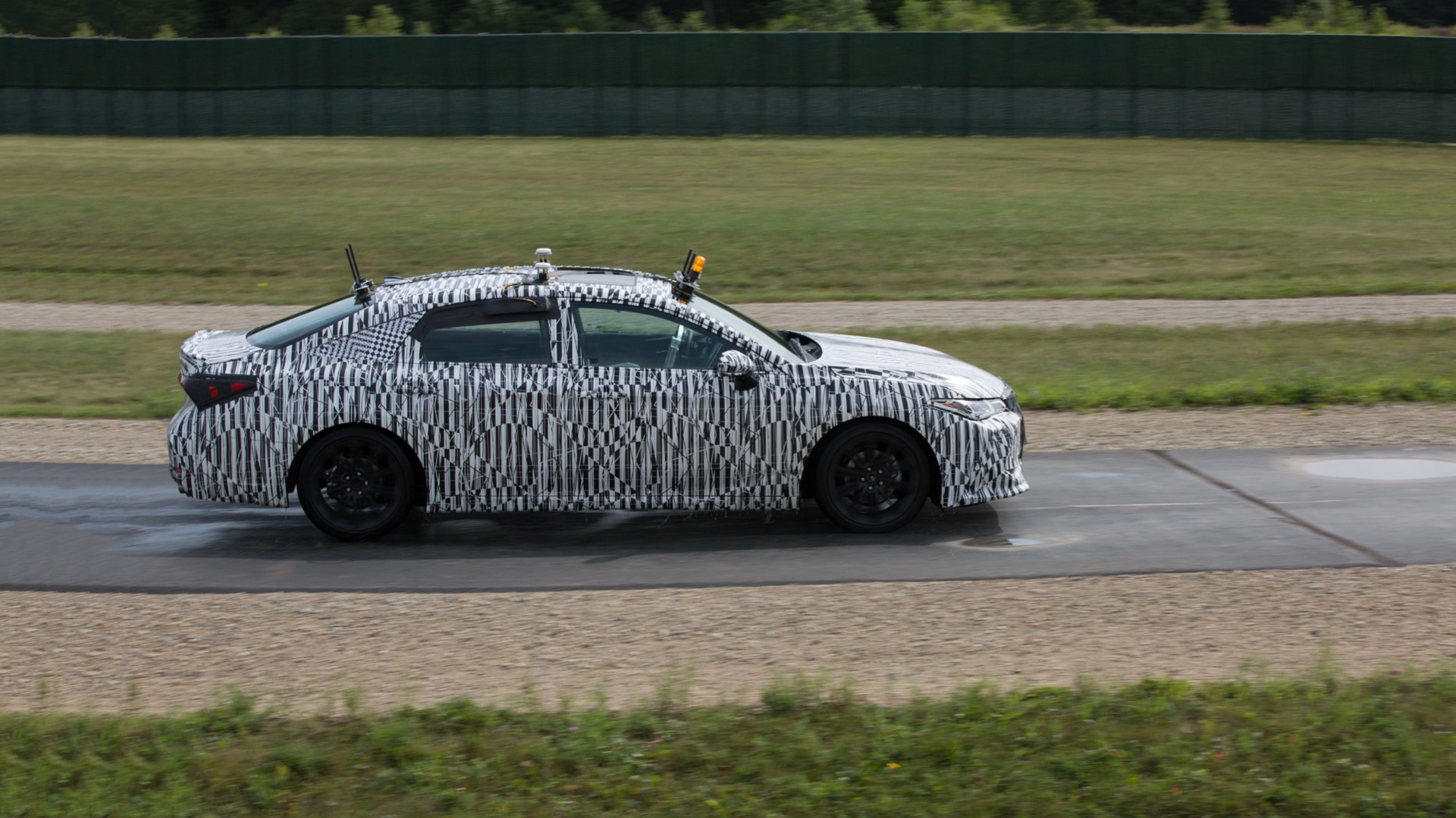

Autonomous cars are pitched as a way for humans to avoid the driving tasks they don’t want to do, and Toyota is putting that principle to work on the test track. The Japanese automaker has automated certain aspects of durability testing, creating a self-driving car quite different from the ones it wants to shuttle customers around in.
Testing a new car isn’t all about acceleration and handling, especially when that new car is the 2019 Toyota Avalon. To ensure the big sedan and its other models can handle potholes without falling apart, Toyota sends them to a specially-designed course in Michigan full of potholes, dips, and other road defects. The goal is to inflict a lifetime’s worth of punishment in one test.
Driving over this road from hell is tough on the driver as well as the car. Since Toyota isn’t looking for any subjective feedback (ride quality is tested separately), all the human driver needs to do is pilot the vehicle over the course. So to make things easier on its test drivers, Toyota decided to automate the process.
Toyota engineers made a prototype Avalon “autonomous,” but only to the extent that it can drive the test course without humans onboard. While the system does include hardware that controls acceleration, shifting, steering, and braking, it doesn’t have the sensors of Toyota’s prototype self-driving cars or even the driver-assist systems available on production cars. What it does have is the ability to determine the vehicle’s location within two centimeters using GPS even while getting bounced around a test track. A production-spec automotive GPS is only accurate up to four meters, Toyota noted.
The system was developed during testing of the 2019 Avalon, but Toyota plans to use it for testing other future production models. The robotic system not only places the car more accurately than human drivers but, because no driver changes are necessary, allows cars to run continuously for longer periods. We’re not sure if the autonomous-driving future will be all it’s cracked up to be, but rough-road durability testing seems like one job that can be handed over to the machines.